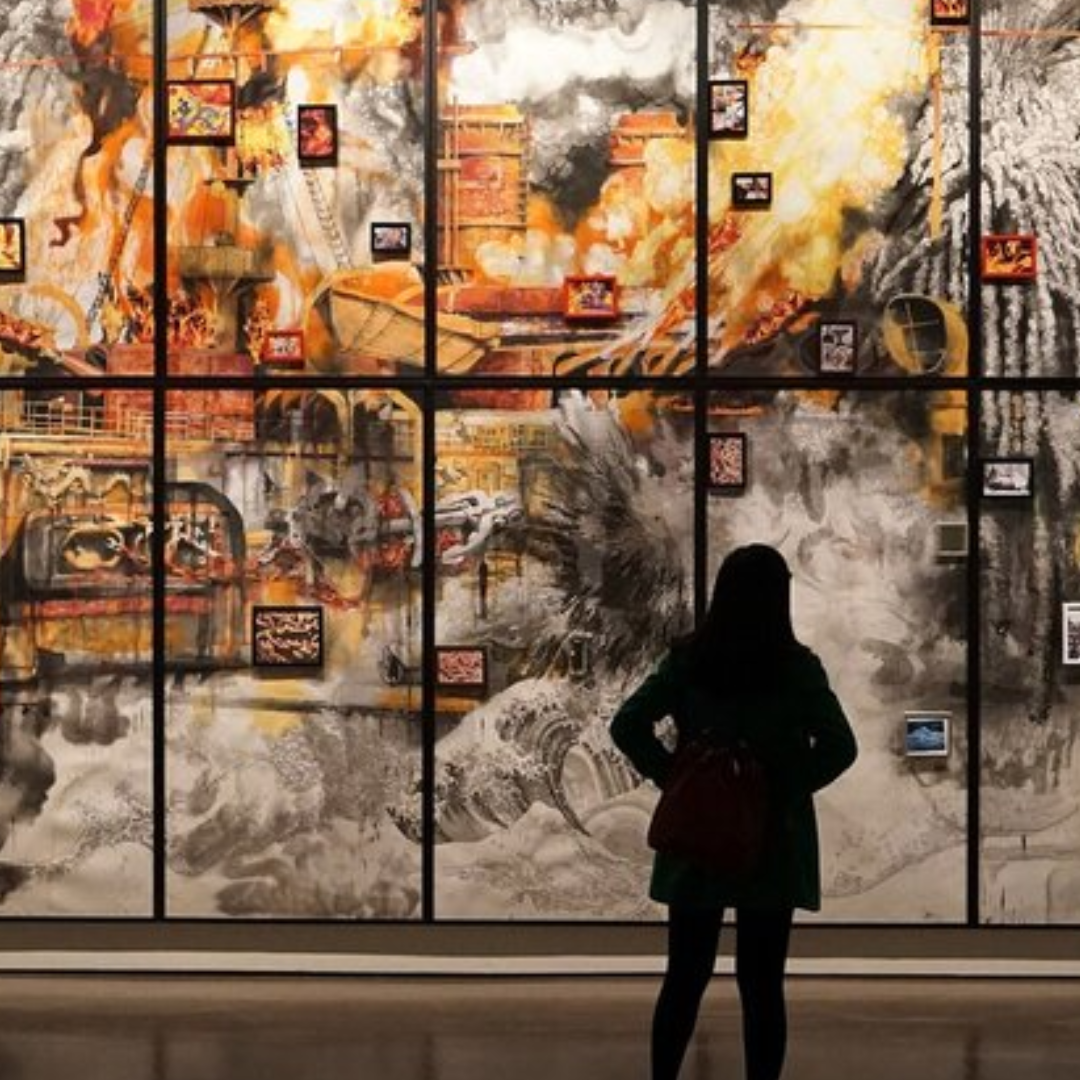Assessment Report on the Impact of Artificial Intelligence (AI)

The Assessment Report on the Impact of Artificial Intelligence (AI) in the Cultural and Creative Sectors (CCS) provides a comprehensive analysis of the opportunities, challenges, and implications of AI for cultural institutions and creative professionals. It is based on three strands of work: (1) a review and analysis of relevant policies, strategies, and existing AI applications; (2) two focus group discussions with students and academic staff; and (3) survey and interviews with professionals in the CCS. The findings provide an initial evidence base on how AI is currently perceived, where it is being applied, and what challenges and opportunities arise for the sector.
The policy and strategy review highlights that the EU and its Member States are increasingly framing AI as a driver of cultural innovation, inclusion, and sustainability. At the same time, ethical guidance and regulatory frameworks remain essential to safeguard cultural diversity and ensure that AI complements, rather than replaces, human creativity in this context.
The analysis of use cases presents how museums are experimenting with AI across three main domains: visitor engagement, collection management, and curatorial practice. The review draws on documented use cases and expert interviews to explore how AI tools are integrated into museum work as evolving, context-specific practices: Approaches range from interactive avatars to AI-supported metadata analysis, archival digitization, and generative exhibition planning.
Focus groups were conducted in April and May 2025 at the Berlin University of the Arts (UdK) and the Academy of Fine Arts Nuremberg. Participants included academic staff, students, and practitioners. The Berlin session emphasized artistic perspectives on AI, while the Nuremberg session focused on technologically informed artistic approaches. Across both discussions, AI was seen as a catalyst for new creative processes and pedagogical experimentation. However, participants stressed the importance of institutional capacity-building, critical reflection, and the preservation of artistic autonomy in an AI-driven environment.
The survey and the interviews captured professional experiences and expectations regarding AI in the CCS. Despite a small sample size for the survey (21 respondents), results offer relevant insights. Professionals view AI as a useful and increasingly necessary tool, particularly in enhancing public communication, supporting administrative processes, and engaging younger audiences. Concerns focus less on AI itself, but more on the risks of falling behind in understanding and applying it responsibly. Respondents emphasized that sectoral competence, ethical frameworks, and practical know-how are key to ensuring meaningful integration.
Conclusions underline that AI in CCS presents both unprecedented opportunities and significant challenges. When guided by ethics, regulation, and collaboration, AI can enrich cultural production and dissemination, strengthen inclusivity, and support long-term cultural sustainability. The sector is open to AI, but not uncritical: AI is not perceived as a threat or a “magic solution,” but as a powerful instrument whose value depends on how wisely and responsibly it is applied.
Working together with






.png)
